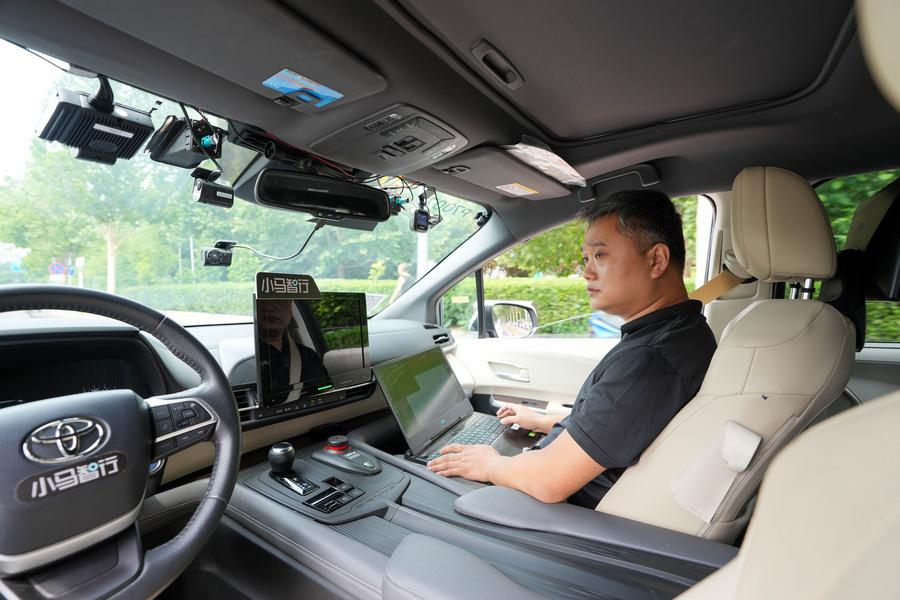
Beijing Enacts New Laws to Promote Autonomous Vehicle Technology
Beijing enacted new laws to promote autonomous vehicles in the city, with the goal of eventually permitting driverless public transit.
In order to achieve driverless buses, taxis, and intelligent transportation systems by April 2024, Beijing has passed new legislation that allow autonomous cars.
Beijing, the capital of China, has taken a significant step forward in the development of self-driving cars in the city by enacting new laws to encourage the technology. The state-sponsored “Beijing Daily” newspaper claims that the rules, which go into effect on April 1, 2025, open the door for the future usage of driverless cabs, public buses, trams, and private automobiles.
Under the new regulations, autonomous cars that pass stringent safety evaluations and road testing will be allowed to participate in road trials. In order to facilitate the widespread adoption of autonomous vehicles across a range of transportation modes, including private automobiles and urban buses, the city plans to develop intelligent road infrastructure.
This program is a component of Beijing’s larger effort to update its transportation infrastructure and establish itself as a pioneer in autonomous car technology.
In a related move, Wuhan, a city in central China, highlighted the national push toward self-driving innovation on Monday by announcing legislation to encourage intelligent linked vehicles. Robotaxis and robobus testing are now underway in at least 19 Chinese cities, and the industry is expanding quickly because to government assistance.
Leading the way in China’s autonomous driving market are a number of businesses:
By the end of 2024, Apollo Go (Baidu) intends to have 1,000 robotaxis in Wuhan.
Pony.ai: Launched in the U.S. market in November, the company intends to increase the number of its robotaxis countrywide from 250 this year to over 1,000 by 2026.
WeRide, AutoX, and SAIC Motor: These companies are also looking into prospects in the biggest vehicle market in the world.
Depending on regulatory approval, Tesla has big plans to introduce its Full Self-Driving (FSD) technology to China by the first quarter of 2025. The massive US electric vehicle manufacturer also declared that it will start manufacturing its own robotaxi in 2026.
China’s resolve to stay at the forefront of autonomous driving technology is demonstrated by Beijing’s action. The nation is establishing itself as a world leader in the creation and implementation of intelligent transportation systems thanks to strong government backing and rising industry investment.
All Categories
Recent Posts
Tags
+13162306000
zoneyetu@yahoo.com



